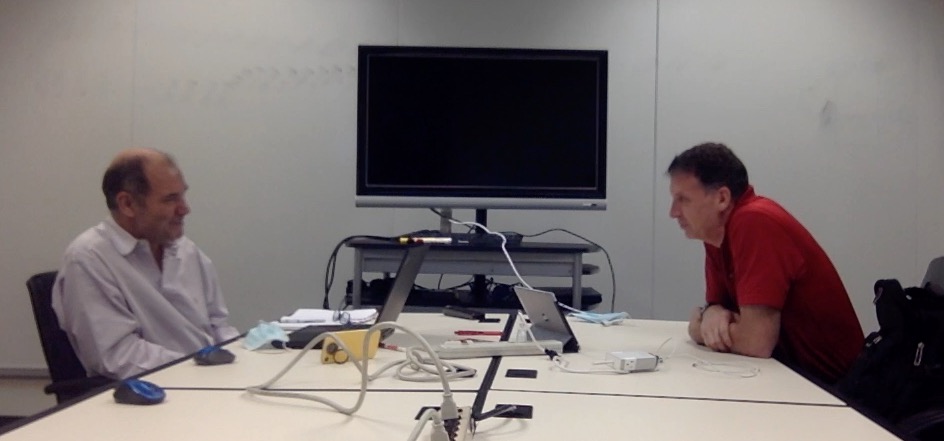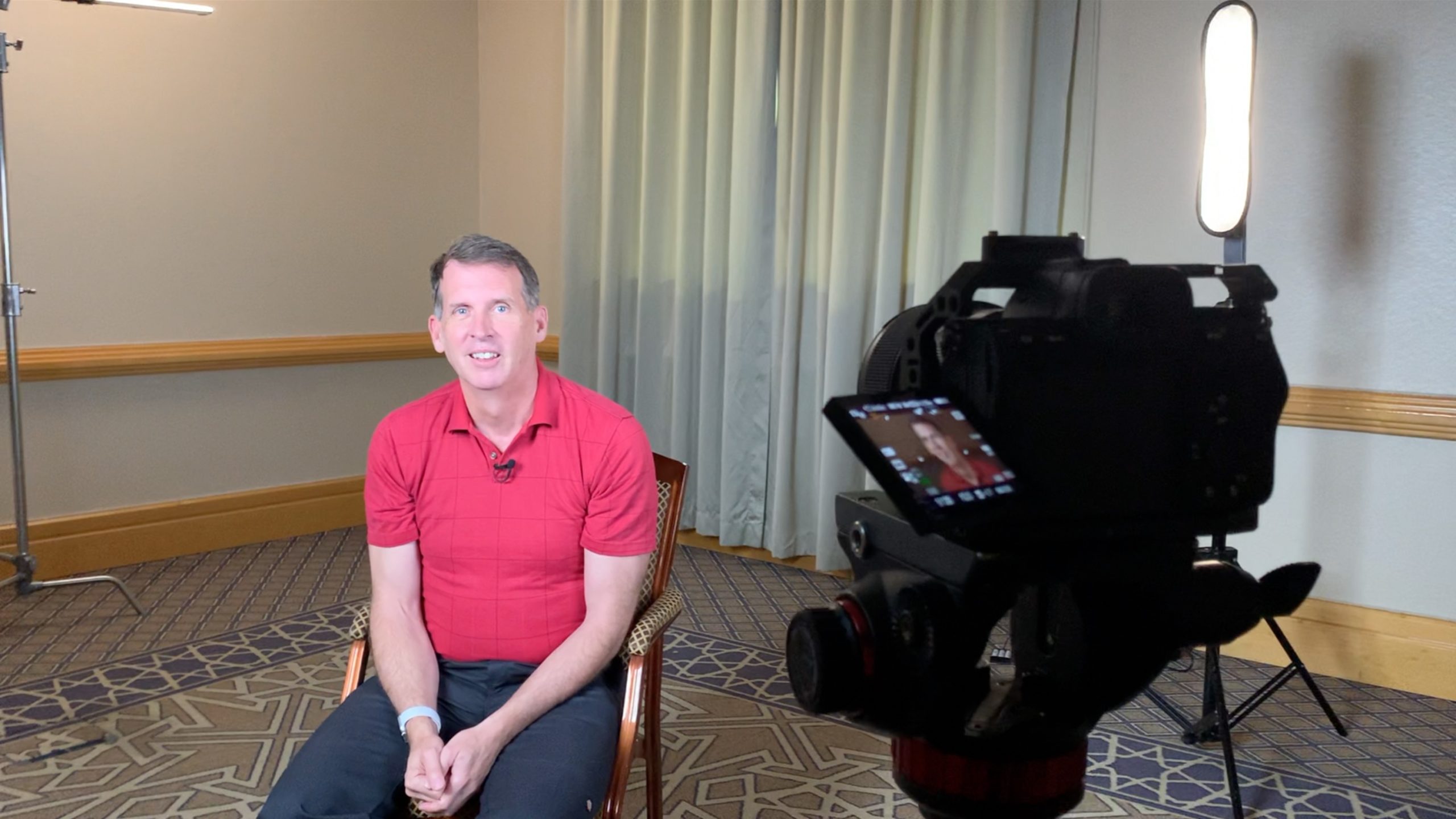In the final segment of the Historical Accounting Series, today’s episode comments on what really is a ledger, and how they benefit us. All the major books of historically bookkeeping are still with us in our financial systems today, including the Day Book, the Journal and the Ledger. Blockchain does not perform all of these functions. It does not fully qualify and create positions like a historical Ledger.
Why study history? Consider the conclusion from noted history professor Alfred W. Crosby. He argues that bookkeeping was a major reason why the West developed the way that it has. Ledgers–a quantitative view of something measured–is at the heart of what he calls “Businesslike.”
Businesslike means careful and meticulous and, in practice, is a matter of numbers. It was one of the trails that led to science and technology insofar as its practitioners were quantitative in their perception and manipulation of as much of experience as could be described in terms of quanta. In their case the quanta were money – florins, ducats, livres, pounds, and so on….
Double-entry bookkeeping was and is a means of soaking up and holding in suspension and then arranging and making sense out of masses of data that previously had been spilled and lost….Today computers compute faster than friar Pacioli would ever have dreamed possible, but they do so within the same framework (accounts payable, accounts receivable, and all) as he did. The efficient friar taught us how to oblige grocery stores and nations, which are always whizzing about like hyperactive children, to stand still and be measured….
In the past seven centuries bookkeeping has done more to shape the perceptions of more bright minds than any single innovation in philosophy or science. While a few people pondered the words of Rene Descartes and Immanuel Kant, millions of others of yeasty and industrious inclination wrote entries in neat books and then rationalized the world to fit their books…
In practical terms, the new approach was simply this: reduce what you are thinking about to the minimum required by its definition; visualize it on paper, or at least in your mind, be it the fluctuation of wool prices at the Champagne fairs or the course of Mars through the heavens, and divide it, either in fact or imagination, into equal quanta. Then you can measure it, that is, count the quanta.
Then you possess a quantitative representation of your subject that is, however simplified, even in its errors and omissions, precise. You can think about it rigorously. You can manipulate it and experiment with it, as we do today with computer models. It possesses a sort of independence from you. It can do for you what verbal representation rarely does; contradict your fondest wishes and elbow you on to more efficacious speculation. It was quantification, not aesthetics, not logic per se, that parried Kepler ‘severy effort to thrust the solar system into a cage of his beloved Platonic solids and goaded him on until he grudgingly devised his planetary laws. [1]
This is Episode 127 of Conversations with Kip, the best financial system vlog there is.
P.S., Thanks to my Youtube subscribers, you can now access Conversations with Kip directly at youtube.com/c/kiptwitchellvlog
[1]Alfred W. Crosby, The Measure Of Reality: Quantification And Western Society, 1250-1600 (Cambridge University Press, 1997) Pages 200, 220, 221, 228.





[…] Related Post: Historical Accounting ‘sView of Blockchain Ledgers […]